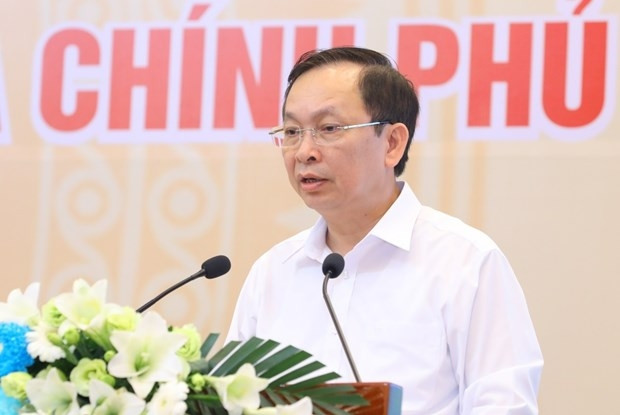Asked about whether the central bank includes cryptocurrencies in the draft Law on Anti-Money Laundering at a regular government meeting in Hanoi on August 3, Tu said the central bank is considering this issue cautiously and comprehensively in preparation for the perfection of the draft law to be submitted to the legislature during its upcoming session.
The official reaffirmed that bitcoin and other similar virtual currencies are not legal means of payment in Vietnam.
According to Tu, on the basis of recommendations by global anti-money laundering organisations, countries should pay attention to assets and products, the so-called technology in the financial sector, to ensure strict management and prevent money laundering or terrorism and other purposes.
Apart from the law, the Government will issue documents to fight money laundering, terrorism and tax fraud or even the use of the assets as gifts, which has been seen as corruption and bribery, he continued.
Credit institutions or intermediate payment service providers are not allowed to perform transactions and tasks related to virtual currencies due to possible risks of money laundering, terror financing or tax fraud, Tu said.
















